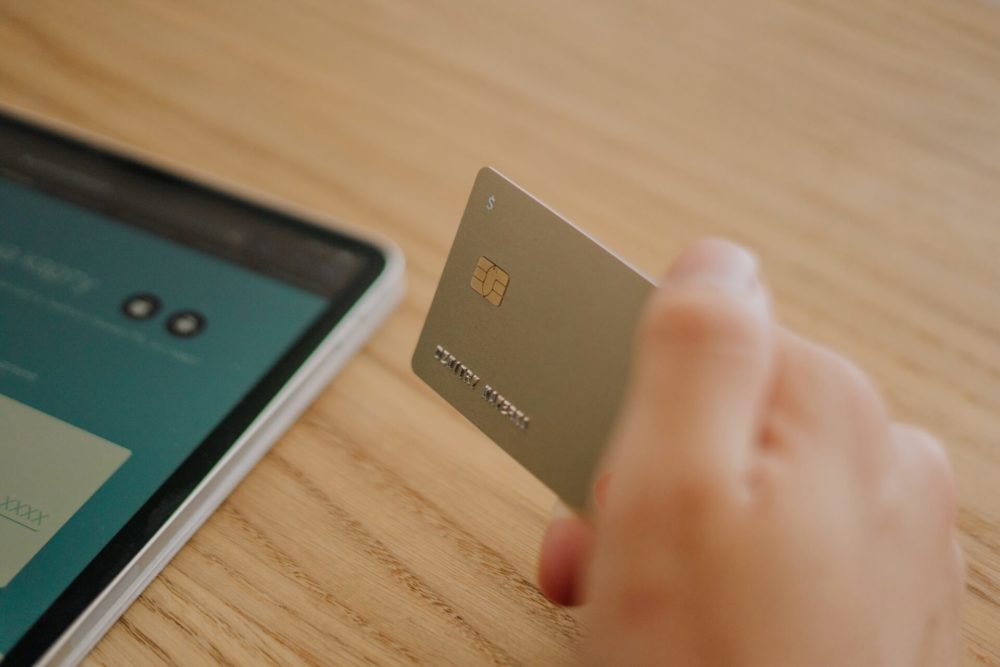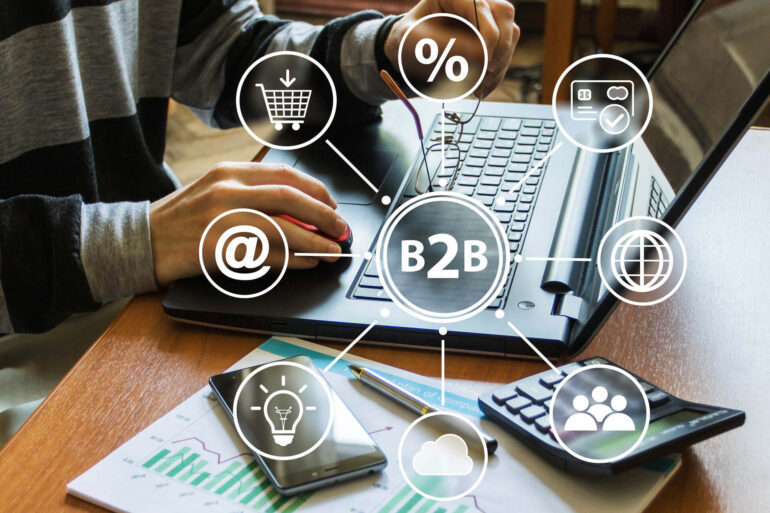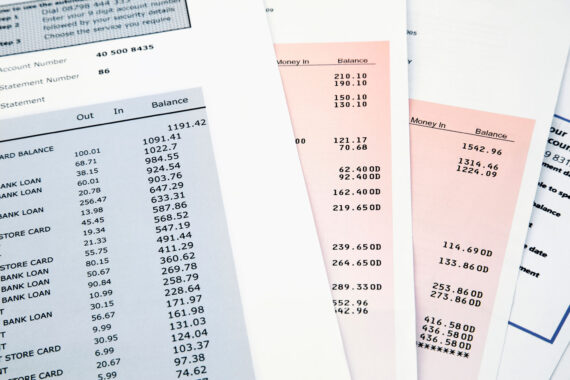When it comes to business-to-business (B2B) commerce, efficiency is the cornerstone of success. B2B transactions account for trillions of dollars in global trade, and their role in the economy is critical. This makes seamless B2B payment solutions essential to maintaining strong business relationships and uninterrupted operations.
The Growing Importance of Efficient B2B Transactions
A big part of the global economy consists of business-to-business (B2B) transactions, which make it easy for companies to trade goods and services with each other. In 2023, the global B2B e-commerce gross merchandise volume (GMV) reached $26.2 trillion, an 18% increase from the previous year.
Yet, many businesses make mistakes when they still rely on outdated payment systems that are full of inefficiencies. Traditional methods like checks and wire transfers are often slow, costly, and prone to errors, creating cash flow issues and operational bottlenecks. These difficulties are made worse by the complexity of cross-border payments, as businesses must deal with varying laws, exchange rates, and excessive costs.
Digital Transformation in B2B Commerce
The B2B landscape is going through a rapid digital transformation fueled by the rise of e-commerce business models and technological advancements. In the United States alone, B2B e-commerce sales are projected to exceed $4.6 trillion by 2025.
Digital platforms have revolutionized how businesses transact, with 80% of B2B buyers now favoring online purchasing channels for their convenience and efficiency. Additionally, mobile commerce has also acquired a lot of attention, as 80% of B2B buyers use mobile devices for product research and purchases.

What Are B2B Payment Solutions?
B2B payment solutions are tools and systems designed to make transactions between businesses easier. Unlike business-to-consumer (B2C) payments, which involve small, one-off purchases, B2B payments typically deal with higher transaction volumes, recurring payments, and extended credit terms. These payments are integral to the supply chain and cover invoices for goods, services, or raw materials.
Key Features of Modern B2B Payment Solutions
The key distinction between B2B and B2C payment systems lies in complexity and scale. While B2C payments prioritize speed and convenience for individual consumers, B2B solutions focus on managing complex procedures, multiple approvers, and compliance with financial regulations. When it comes to modern B2B payments, solutions should always prioritize the following three core elements:
- Security, meaning that these solutions make sure sensitive financial data is protected through encryption, fraud detection systems, and compliance with industry standards.
- Scalability, as they accommodate businesses as they grow and handle increasing transaction volumes or expanding to international markets.
- Flexibility by offering multiple e-commerce payment options, such as bank transfers, digital wallets, and automated clearing houses (ACH), tailored to a company’s specific needs.
A reliable B2B payment solution helps in handling transactions more smoothly while also building trust between partners, which paves the way for long-term business relationships.

Benefits of Using B2B Payment Solutions
In essence, using modern B2B payment solutions makes business transactions more efficient and reliable. These solutions solve common problems with traditional payment methods and help businesses succeed in a competitive market.
Simplified Payments and Efficiency
B2B payment solutions simplify complex workflows and make invoicing and payment reconciliation faster and more accurate. They also help with routine task automation that reduces administrative burdens and frees up valuable time for strategic operations.
Improved Cash Flow
Timely payments are crucial for maintaining healthy cash flow. B2B payment systems help reduce delays by offering faster payment methods, such as digital wallets or ACH. These tools also provide better visibility into transaction statuses and allow businesses to plan and allocate resources effectively.
Reduced Expenses
Traditional payment methods often come with hidden costs, such as high transaction fees, manual processing errors, and extended reconciliation times. Modern solutions minimize these expenses by providing lower processing fees, cost-effective alternatives, and reducing human error. For businesses handling a high volume of transactions, the savings can be substantial.
Enhanced Security
With cyber threats on the rise, it’s important to protect sensitive financial data. B2B payment solutions incorporate advanced security features like encryption, fraud detection systems, and compliance with standards such as PCI DSS. These measures protect the businesses and foster trust between trading partners.

Types of B2B Payment Solutions
Modern businesses have access to a wide range of B2B payment solutions, each tailored to meet specific transactional needs. Understanding the options available can help companies choose the best fit for their operations and long-term goals. Here are the most common solutions and their benefits:
- Bank transfers and ACH payments are reliable and widely accepted, ideal for high-value transactions. On top of that, ACH is cost-effective for recurring payments like monthly invoices.
- Credit card payments are convenient for smaller or one-time transactions. They offer cash back, rewards, and extended payment terms but come with higher fees.
- Digital wallets, with popular options like Google Pay and PayPal and its alternatives, offer speed and enhanced security. They are ideal for online payments and tech-savvy businesses.
- Blockchain and cryptocurrency solutions are emerging methods for cross-border payments with reduced processing times and lower fees. They provide transparency but are still gaining wider adoption.

Choosing the Right Solution for Your Business
Selecting the right B2B payment solution is critical for ensuring smooth transactions and supporting the growth of different types of businesses. To make an informed choice, evaluate how many transactions you process daily, weekly, or monthly. High-volume businesses may benefit from cost-effective solutions like ACH payments, while smaller operations might prioritize convenience and speed with digital wallets or credit cards.
Keep in mind that seamless integration with your existing accounting or enterprise resource planning (ERP) systems is essential. This feature makes invoicing, payment reconciliation, and financial reporting easier, saves time, and reduces errors.
Finally, you should choose a solution that can grow with your business. For example, if you plan to expand internationally, look for B2B cross-border payment solutions that support multiple currencies. As your company grows, flexible platforms make sure your payment system doesn’t become outdated.
Tips for Evaluating Service Providers
When deciding on a provider, first things first – it’s important to evaluate the costs involved. Compare transaction fees, subscription charges, and any potential hidden costs to ensure the pricing fits your business’s budget and transaction volume. Additionally, security should be a top priority, so look for providers that offer strong protections, such as encryption, tokenization, and credit card fraud detection, to keep your financial data safe.
It’s also helpful to research the experiences of other businesses by reading reviews and testimonials. These can provide valuable insight into the reliability and overall performance of the provider. Lastly, make sure the provider offers accessible and responsive customer support, as having reliable assistance available can be crucial for resolving any technical issues or delays.

Trends Shaping the Future of B2B Payments
As B2B payments continue to evolve, several trends are emerging that will shape the future of business transactions. Such trends are pushing forward efficiency, security, and convenience for companies across industries.
Automation With AI for Payment Processing and Fraud Detection
Automation is becoming a key component in B2B payments. Artificial intelligence (AI) is being used to make processing easier, improve accuracy, and reduce human error. AI-driven systems can automatically process invoices, reconcile payments, and identify discrepancies. Additionally, AI plays a vital role in fraud detection, as it uses machine learning algorithms to recognize suspicious activity and prevent fraudulent transactions in real time.
Cross-Border Payment Innovations
Cross-border payments are often slowed down by currency conversion complexities and higher-than-average processing fees. Innovations, such as blockchain technology and digital currencies, are addressing these issues by enabling faster, more transparent, and cost-effective international payments. Blockchain reduces the reliance on intermediaries and decreases the time it takes to process cross-border transactions. Additionally, digital payment platforms are simplifying the process of handling multiple currencies.
Eco-Friendly Digital Solutions
With growing concerns over environmental impact, businesses are increasingly seeking sustainable solutions. Digital payments, such as mobile wallets and digital banking, are considered more eco-friendly compared to traditional paper-based methods like checks. Furthermore, many payment providers are embracing sustainability initiatives, including carbon offset programs and using green energy for data centers.

How to Accept B2B Payments
Businesses that want to organize their finances need to be able to accept B2B payments quickly and safely. First and foremost, you should determine the most suitable payment methods for your business. As we mentioned earlier, some of the most common B2B payment options include bank transfers and ACH payments, credit cards, digital wallets, or blockchain and cryptocurrencies.
To handle electronic payments securely, set up a payment gateway with a reliable credit card processing company. This will allow you to process online payments through your website, mobile app, or invoicing system. Ensure that your payment system integrates smoothly with your accounting software. This will automate invoicing, payment reconciliation, and tracking, reduce the need for manual input, and minimize errors.
Offer Multiple Payment Options
Make it easier for clients to pay by offering a variety of payment options. It will increase convenience and help accommodate different preferences. On top of that, you should protect sensitive financial data by using secure payment systems with encryption, tokenization, and fraud prevention features. Additionally, ensure that your payment methods comply with industry standards such as PCI DSS for credit card transactions. Finally, clearly communicate payment terms to your clients, including deadlines, late fees, and accepted payment methods.

How to Send a Cross-Border Payment
Sending cross-border payments involves several key steps to ensure compliance, accuracy, and efficiency. Keep in mind that each country has specific requirements for processing payments. For instance:
- China requires the payee’s telephone number for global ACH transactions.
- The UK needs a SORT code for domestic transfers.
- European countries require an IBAN for SEPA ACH payments.
Decide on Transaction Type and Verify Compliance
Determine if the payment is a one-time transaction or part of an ongoing arrangement. For recurring payments, consider negotiating early payment discounts (often 1%-10%) to save costs. Ensure the platform supports prioritization rules to automatically handle recurring payments for key vendors.
Cross-border transactions must comply with numerous global regulations – over 26,000 rules worldwide. However, using a payment system with built-in compliance features ensures transactions meet all legal and regulatory requirements without burdening your team.

Embrace Modern B2B Payment Solutions for Seamless Transactions
Modern B2B payment solutions are transforming the way businesses handle transactions, making them faster, more secure, and cost-effective. For merchants, adopting the right payment solution is more than just convenience – it’s a strategic move that can boost growth and efficiency. With such solutions, you can simplify payment processes and focus on what truly matters – growing your enterprise.
If you’re ready to modernize your payment systems, Merchant Chimp, one of the top credit card processing companies, is here to help. With merchant services and credit card processing, we specialize in tailoring payment solutions to meet your unique needs. Let us help you optimize your operations with our credit card processing services.







